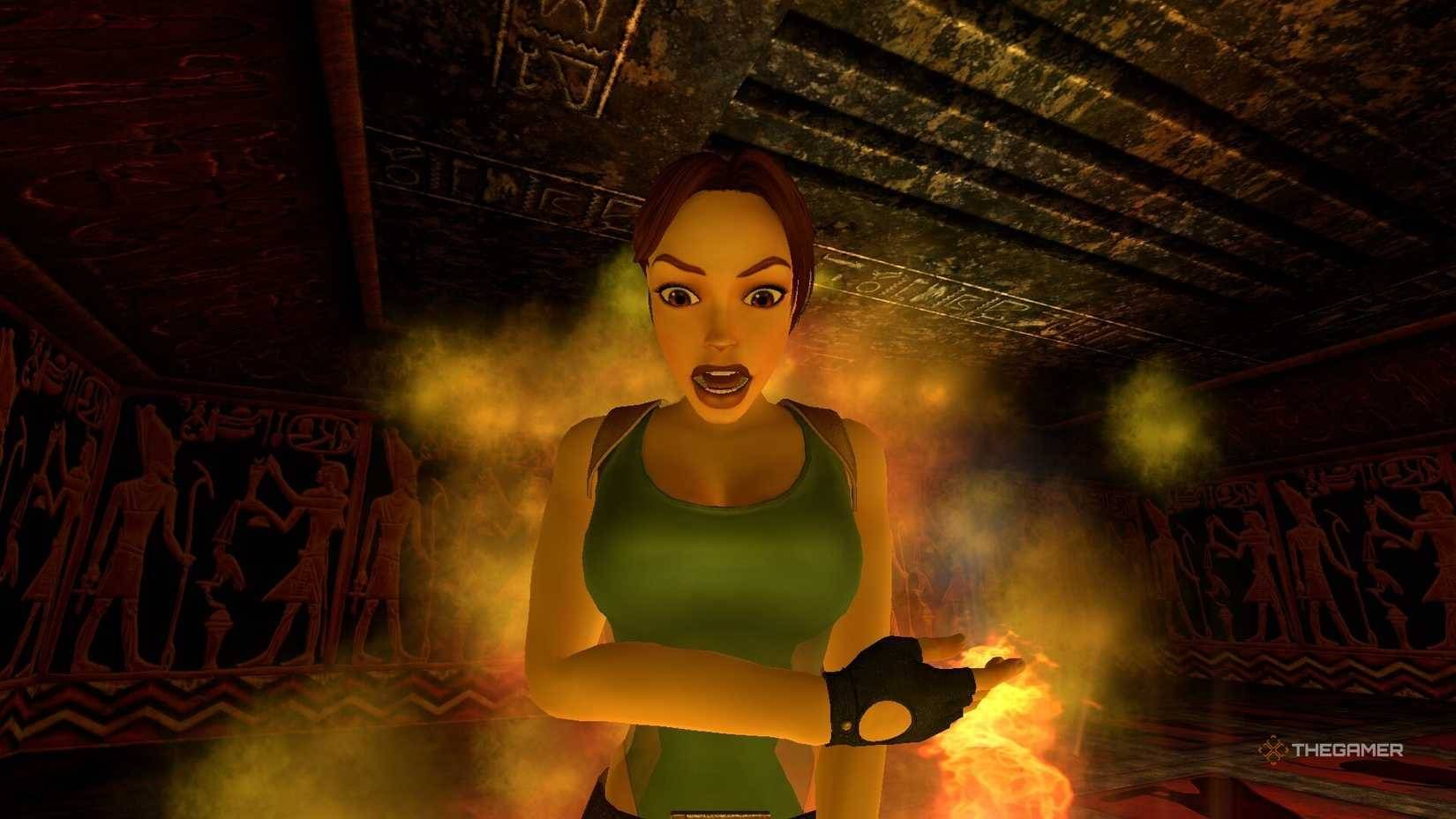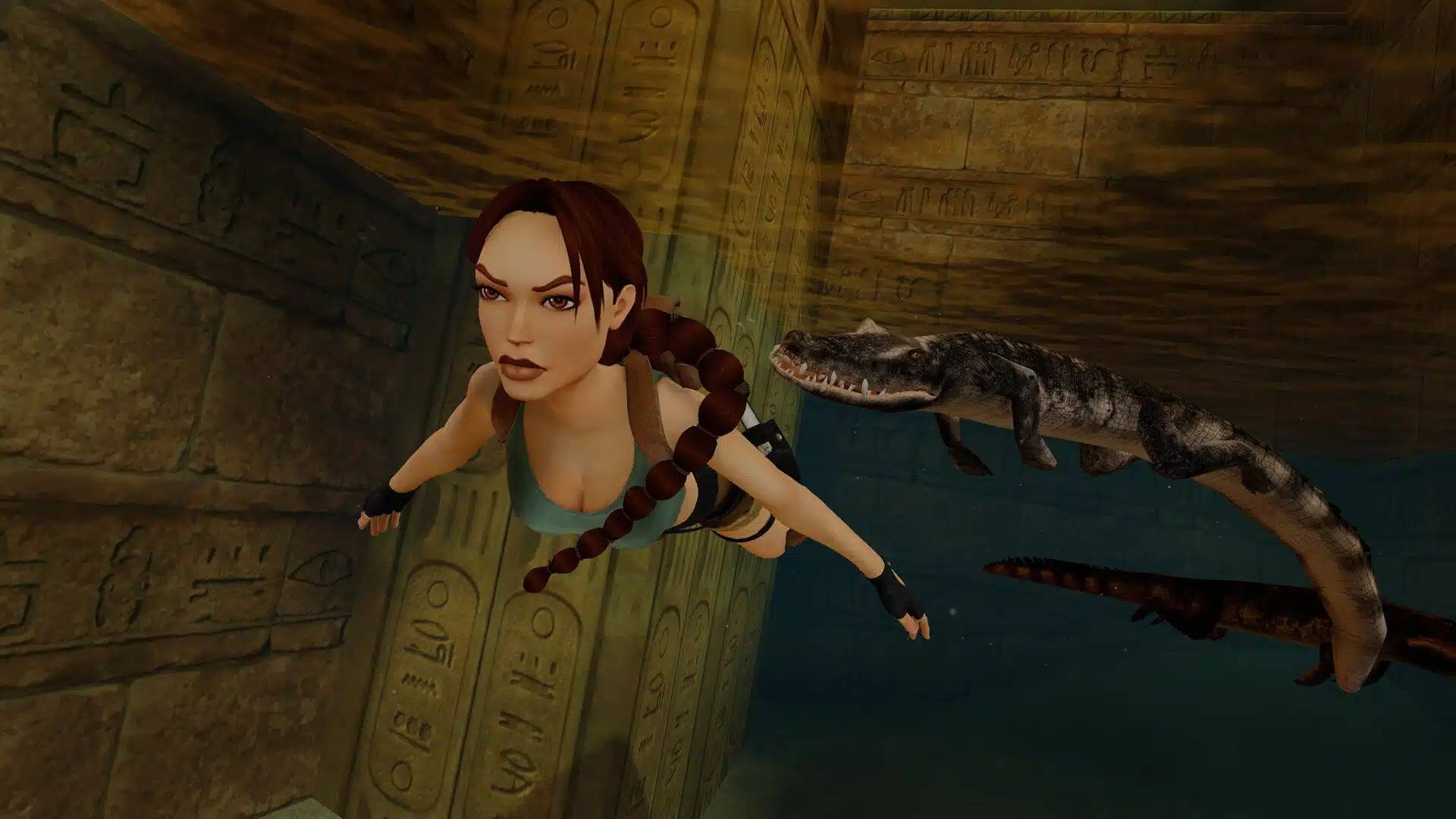A New Era of Controversy: Tomb Raider Remastered Removes AI-Generated Content Following Legal Action
Popular Now
 Call of Duty
Call of Duty
 CarX Street
CarX Street
 Grand Theft Auto V
Grand Theft Auto V
 Schedule I
Schedule I
 Free Fire Max
Free Fire Max
 Free Fire
Free Fire
 Toca Boca World
Toca Boca World
 R.E.P.O
R.E.P.O
 Poppy Playtime
Poppy Playtime
 Minecraft
Minecraft
 In a landmark development for the video game industry, developer Aspyr has released a critical hotfix for Tomb Raider IV-VI Remastered, an action that directly addresses a growing legal and ethical battle over the use of AI-generated content. The new patch removes all AI-generated voice content from the game, a direct response to a lawsuit filed by French voice actress Françoise Cadol, who has been the voice of Lara Croft in France since the very first game in 1996. This case is a significant moment, as it sets a new precedent for how game studios handle intellectual property and creative works in an age dominated by artificial intelligence.
In a landmark development for the video game industry, developer Aspyr has released a critical hotfix for Tomb Raider IV-VI Remastered, an action that directly addresses a growing legal and ethical battle over the use of AI-generated content. The new patch removes all AI-generated voice content from the game, a direct response to a lawsuit filed by French voice actress Françoise Cadol, who has been the voice of Lara Croft in France since the very first game in 1996. This case is a significant moment, as it sets a new precedent for how game studios handle intellectual property and creative works in an age dominated by artificial intelligence.
The controversy began shortly after the launch of the remastered collection. Fans of the French-dubbed version of the game, which includes Tomb Raider: The Last Revelation, Tomb Raider: Chronicles, and Tomb Raider: The Angel of Darkness, noticed a jarring and robotic quality to some of Lara’s new lines. These lines, which were added to provide more context for gameplay tutorials, sounded unlike Cadol’s original performance. The community quickly realized that the new voiceovers were likely generated by an AI, a suspicion that was confirmed when the actress herself was notified by concerned fans. Cadol publicly stated she had not been contacted by Aspyr to re-record her lines and was shocked to find a “vaguely similar” but not-her-own voice in the game.
 The Heart of the Lawsuit: Intellectual Property and Consent
The Heart of the Lawsuit: Intellectual Property and Consent
Cadol’s lawsuit and the subsequent outcry from the community touch on a number of serious issues that are currently at the forefront of the creative industry. The core of her argument is that Aspyr Media, by using her likeness and voice to train an AI model without her consent or knowledge, engaged in “pure theft.” The legal action highlights the lack of clear regulations regarding the use of an artist’s voice and likeness for commercial purposes, particularly when it comes to training AI. While the original games’ recordings were part of a contract, the new AI-generated lines were not, raising questions of intellectual property rights and the rights of performers in the digital age.
The situation in France is not an isolated incident. Reports have also surfaced from the Brazilian community that a similar situation has occurred with the Brazilian voice actress for Lara Croft, Lene Bastos. Bastos has confirmed that she was contacted by Aspyr, who admitted the error, stating that an “external development partner” had used AI without the company’s knowledge. This suggests that the issue may be more widespread than initially thought and highlights the complex supply chain of modern game development, where a lack of oversight can lead to serious legal and ethical blunders. For players, this is a clear betrayal of trust. The magic of a character like Lara Croft is built not just on her look and story, but on the iconic performances that give her life. The use of a counterfeit voice, even for a few lines, disrespects the actor and the legacy they built.
The Patch and the Precedent: What’s Next?
In a recent hotfix, Aspyr announced that it has “addressed this issue by removing all AI voiceover content,” while keeping the other improvements from the previous patch. The apology issued by the company is a tacit admission of wrongdoing and a clear sign of their intention to de-escalate the situation. However, the legal proceedings with Françoise Cadol are ongoing, and the outcome of this case could set a crucial precedent for the entire entertainment industry. As AI technology becomes more accessible, the need for clear regulations and contracts that protect artists is more urgent than ever. The video game market, in particular, is an area where this technology is likely to see widespread use, from generating textures and landscapes to creating vast amounts of dialogue for NPCs.
The Tomb Raider saga is a powerful case study in the dangers of using AI without proper consent and ethical consideration. It serves as a strong message to other game developers that relying on AI to cut corners can have severe consequences, not only in the courtroom but also in the court of public opinion. Players are not only concerned about the quality of the content they receive but also about the ethical practices of the companies they support. The removal of the AI-generated voice content is a victory for voice actors and a wake-up call for an industry grappling with the future of creativity.
The community will be watching closely to see how this legal battle unfolds, and it is a stark reminder that in the age of AI, a human touch, and the respect for human artists, is more valuable than ever.









